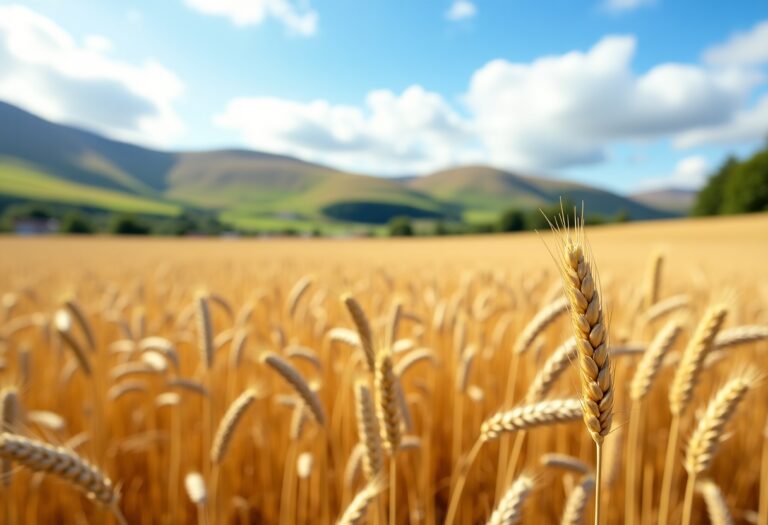Exploring the nutritional and environmental advantages of ancient crops in Scotland

Topics covered
In a groundbreaking initiative, scientists at Aberdeen University’s Rowett Institute are advocating for the reintroduction of ancient crops into Scottish agriculture. This move is not only aimed at enhancing the nutritional quality of food but also at addressing pressing environmental concerns.
Traditional varieties of barley, buckwheat, and cabbage have shown remarkable potential, boasting higher nutritional value and requiring less agricultural input compared to their modern counterparts.
The nutritional superiority of ancient crops
Research indicates that ancient crops possess unique health benefits.
For instance, studies have demonstrated that these traditional varieties can effectively reduce hunger, modulate blood glucose levels, and lower cholesterol. They are also richer in essential nutrients such as fiber, beta-glucans, and micronutrients, which are crucial for maintaining overall health.
Wendy Russell, a professor at the Rowett Institute, emphasizes the importance of these crops, stating, “The older and wilder relatives of modern crops are starting to gain prominence again due to their nutritional and environmental benefits.”
Collaborative efforts to enhance food quality
In an innovative collaboration with the renowned bakery firm Murdoch Allan, the Rowett Institute is working to incorporate these ancient grains into everyday foods like rolls, oatcakes, and butteries. This project aims to improve the nutritional profile of these products by substituting wheat with barley, buckwheat, and hemp. The initiative is particularly significant for individuals at risk of metabolic disorders, such as type 2 diabetes and cardiovascular diseases, as it seeks to provide healthier food options to vulnerable communities.
Environmental benefits of traditional agriculture
Beyond health benefits, the revival of ancient crops could play a vital role in achieving climate and biodiversity targets. Traditional barley, for example, is not only more nutritious but also requires fewer pesticides and agricultural inputs, making it a more sustainable choice. It is resilient to climate fluctuations, which is increasingly important in the face of global climate change. Russell notes, “Using traditional barley in baked goods would mean less fortification, and it’s better for the environment.”
This two-year project, funded by Innovate UK’s Better Food for All programme, is part of a larger initiative that has allocated £17.4 million to 47 projects across the UK aimed at improving food quality and nutrition. By integrating ancient crops into the food supply, the Rowett Institute and Murdoch Allan hope to create a lasting impact on public health and environmental sustainability.




